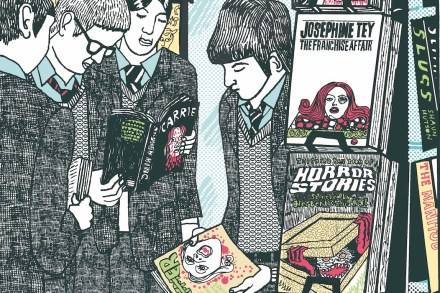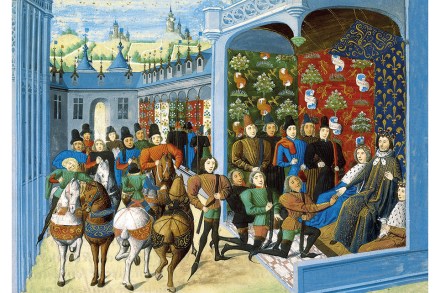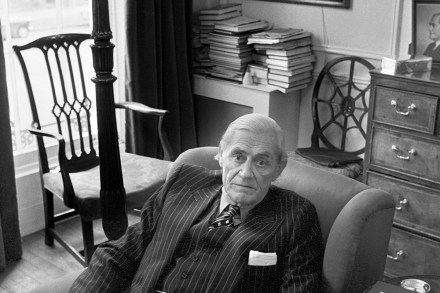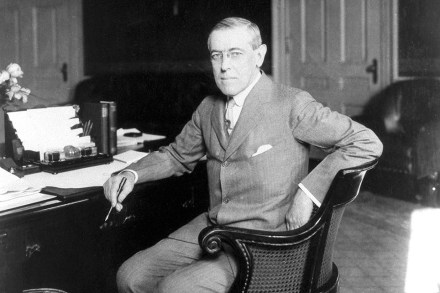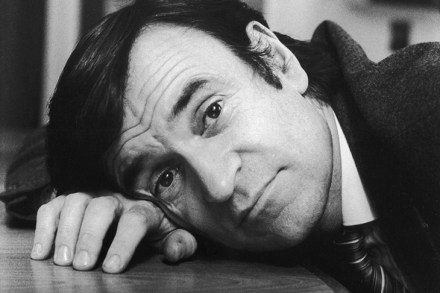Why are psychiatrists scared of sectioning dangerous patients?
The police initially treated last weekend’s stabbings on a train near Huntingdon as a possible terror attack, before confirming it wasn’t. Since then, it has been widely reported that the suspect, Anthony Williams, told one of his victims that ‘the devil’s not going to win’ as she pleaded with him not to stab her. So instead of terrorism, the outlines of another familiar British tragedy have begun to take shape: a violent outburst by a man apparently in the grip of severe mental illness. Why would someone with severe mental illness be able to roam in public? It is partly because of underfunded public services. The number of mental health



